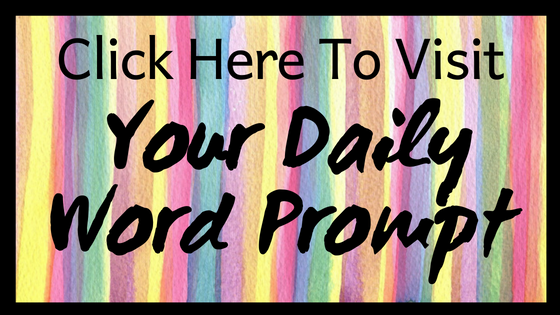Filtering Filter Words
Oh, those pesky Filter words. I talk about them a lot and for a good reason as I discussed in Filtering Out Those Filter Words, It’s really very unnecessary and I’m ‘that’ kind of writer. Filter words are words that can easily be filtered out because they don’t have a significant impact on the sentence. They are crutch words that can make a sentence lazy, repetitive or even boring.
I will go through a story using the “search and replace” feature to highlight all the filter words in various colors as I mentioned in Well, color me silly.
Along with filter words I include are all ending in ING and all adverbs ending in LY. I also include exclamation points ! and question marks ?. Adverbs weaken sentences that have much more potential. I highlight ! because people don’t yell nearly as, much as they might be written to shout. Also, I try to limit the amount of rhetorical or narrative questions. In dialogue, they are fine, but I try not to pepper too many into the narrative.
So what are they? I have a long list of words that I have compiled over the years. Words that I tend to stick to sentences instead of better words. I lean on some more than others. Here they are listed in alphabetical order with the number of incidences that occurred for each within a book I’m currently re-writing, editing and revising. I like to multitask on the first modification of the first draft. The book is only 30,627 words, so these numbers are not too bad. I am looking to beef this story up and add a lot more words, but I don’t want the filter words etc. to drag the story down.
868 ing
566 was
421 ?
403 ly
343 that
174 is
158 But
152 up
145 know
145 said
113 look
109 can
108 hand
90 see
89 just
88 could
70 remember
62 think
61 head
60 eyes
59 Then
53 feel
52 very
50 ask
49 smile
49 than
46 !
46 hear
45 turn
43 down
43 move
40 been
36 – single dash
31 face
31 walk
29 try
28 well
27 bit or a bit
21 felt
21 knew
19 Really
19 saw
18 breath
18 understand
17 guess
17 reach
17 sigh
16 tried
15 touch
14 seem
14 sound
13 nod
12 grab
12 wonder
11 stare
11 watch
9 shrug
8 taste
7 realize
7 stand
6 hale (inhale exhale)
5 frown
5 somehow
4 able to
4 says
3 blink
3 however
3 notice
2 quite
2 replied
2 somewhat
1 ;
1 decide
1 experience
0 …
0 note
0 rather
Does this mean I get rid of them all? No. I will sometimes set a goal of say 50% or 75%. Depending on the word I may want to eliminate them 100%. It honestly depends on the word and how it’s used.
As you see some of those words had Zero incidences. That’s because I’ve learned. For them, they will probably stay put. I will take a look to make sure the sentence is good, but I’m not worried for any that are less than ten or zero.
The top five will always be the biggest offenders. The top ten are still the top ten. The next ten to twenty are worth taking a good look at.
I bet you’re wondering why “WAS” is up there? Voicing. Often I write WAS and IS interchangeable. I try not to do that. What I prefer to use is “IS” whenever possible. If I want WAS then I use it whenever possible. This is of course primarily for narrative, in dialogue the rules are different. I will try to keep a character consistent in their voice.
Action words such as, LOOK, SEE, TOUCH, SHRUG, SMILE, FROWN, NOD, etc. will be looked at carefully. There are better ways to describe actions and to show emotions too. These words are often found in sentences that TELL instead of SHOW.
If nothing more, I highly recommend looking at my top twenty. If you have a beta reader or if you use the feature on your word program to read your text back to you(This is awesome for finding small errors and sentence flow issues) If you use them you will notice words that you rely on too much. They may be on this list or they may not. But if you have words that appear more often than they should, it can put a reader off.
I keep track of the numbers for my own personal use. I will make a spreadsheet with the numbers from the first draft and recheck them (using the find feature) for each consequential edit or revise until I’m happy with the number of them I see.
My advice about Filter words
Find and destroy! Actually highlight them before you start editing or revising using the search and replace feature, then find a better way to write the sentence or find a better more valuable word.


